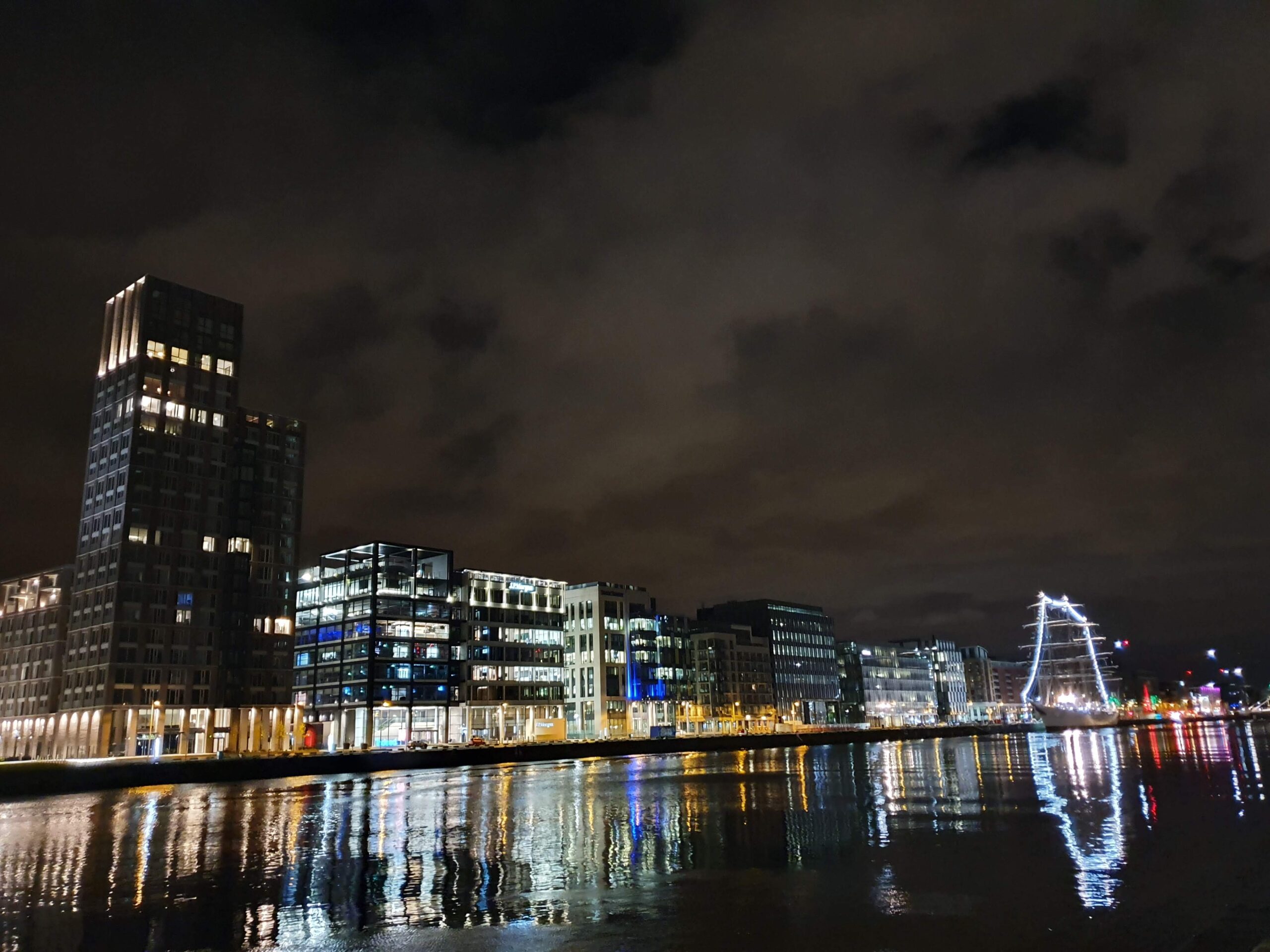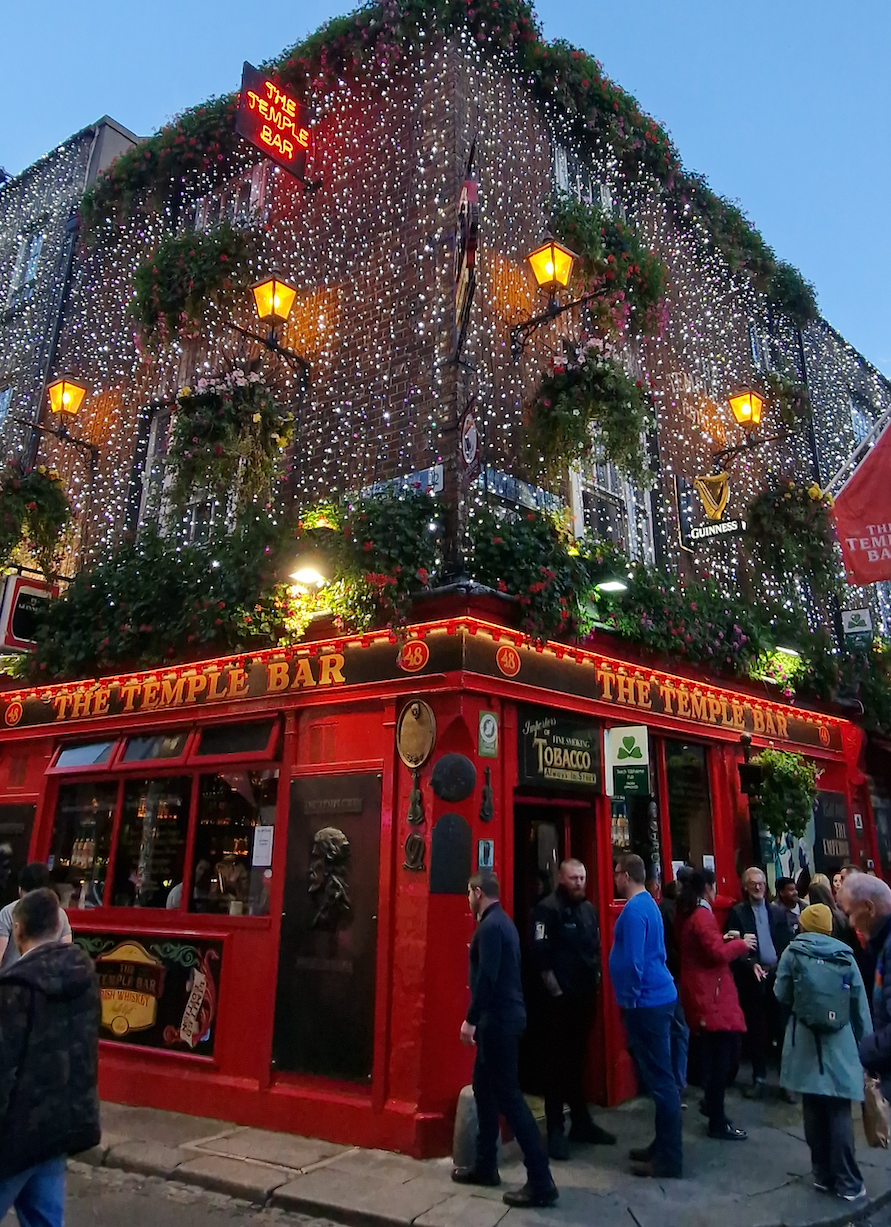
Busking is a beloved form of street performance that has a long and rich history in Dublin City. However, as the popularity of busking has grown, so have concerns about noise and disruption. To address these issues, Dublin City Council introduced new busking bylaws in 2016 aimed at regulating and controlling street performance activities.
The bylaws seek to strike a balance between the interests of buskers, residents, businesses, and visitors to the city. They aim to promote a diverse and high-quality range of street performances that enhance the cultural and social fabric of the city.
Among the key features of the bylaws are the banning of backing tracks and pre-recorded music in any circumstances and restrictions on the use of amplifiers to certain locations and times, with a maximum sound level of 80 decibels (75 decibels for Temple Bar). Dance troupes are only allowed to perform in designated areas and must not obstruct pedestrian or vehicular traffic. Buskers must have a repertoire of at least 15 songs and must not repeat any song within 30 minutes. In addition, buskers are required to obtain a permit from the council and display it clearly while performing.
The new rules have elicited a mixed response from both buskers and the public. Some welcome the rules as a means of improving the quality and diversity of street performances and reducing conflicts with other parties. Others have criticized the rules as being too restrictive and unfair, particularly for those who rely on backing tracks or amplifiers for their acts.
While the new busking rules have proven to be a contentious issue, the council has emphasized that they are not intended to discourage or ban busking. Rather, they are designed to regulate street performances in a way that respects the rights and interests of everyone involved. As such, the council will continue to monitor and review the impact and implementation of the bylaws on an ongoing basis.
What do you think of the new busking rules in Dublin City? Share your thoughts in the comments below.


